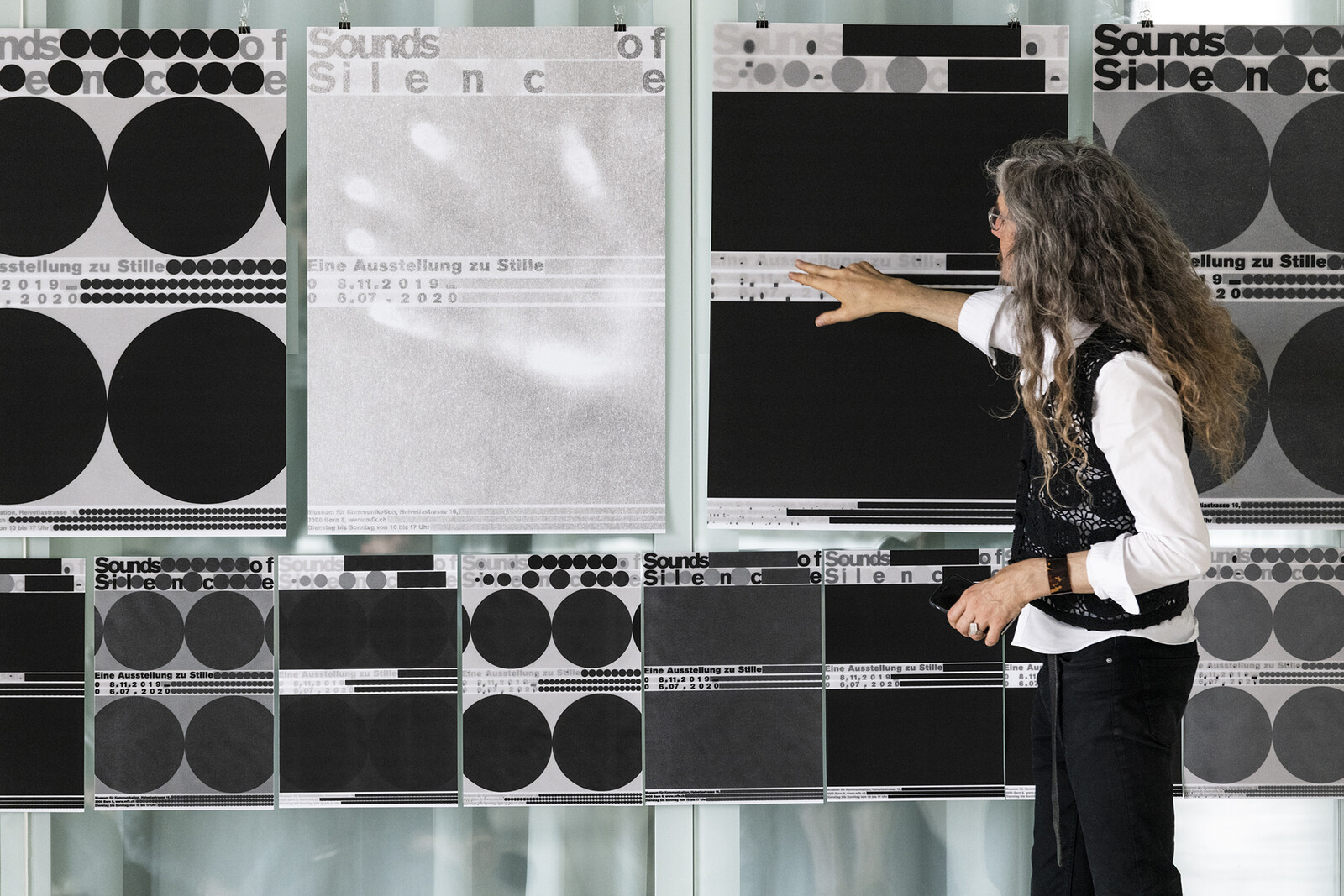Application deadline: May 15, 2022
Campus of the Arts Basel
Freilager-Platz 1
4002 Basel
Switzerland
T +41 61 228 44 44
info.hgk@fhnw.ch
After some experience in the practice of Visual Communication, Media Design, Communications, or directly after successfully completing a Bachelor Degree in Design, Art, Cultural Studies one may have the insight that there is more understanding needed for a reflected practice, for research or for an academic career. The choice of the Master program which suits your interest is crucial for a successful study. Let me explain therefore what we offer with our MA Digital Communication Environments:
Our four Semester Master program (120 ECTS) provides three distinct areas in which students can advance their competencies: (1) Extend the experimental experience in the creative processes of designing visual messages for digital and analogue communication channels. (2) Getting familiar with research methodologies from a practice-led inquiry, empirical evaluations to experimental explorations of cutting-edge communication technologies. (3) Getting familiar with findings of Image, Media and Communication Theory, Philosophy, Anthropology and Psychology, in order to critically ground design decisions, concepts and research questions in a broader context and to prepare for interdisciplinary projects.
In the context of visual communication, the possible impact of a communication measure has increased significantly over the past decades. Our Institute and our Master program have changed their name and adjusted the curriculum in order to address the challenges we are facing today. The diversity of our society and the resulting variety of perspectives must be addressed with a multi-vocality of our messages. The mere accessibility of abstract data is asking for interpretations and for contextualization in order to be meaning-full and serve as a basis to form an opinion. The fast passe of technological development is asking for a critical inquiry which results in experimental models for the intended or deviated use of consumer products. The standardization of digital tools, and the flattening of visual expression coming along with it, request new skills and an attitude of radical experimentation in order to overcome its constraints.
The Basel School of Design is known for its modernist design pedagogy in the mid 20th Century. It is also known that the same Institute has embraced digital technology critically, since it had the potential to become relevant for visual communication in the mid 1980es. Since then, analogue and digital aspects of visual communication have been further developed with a process-oriented, critical and experimental focus, in the educational programs, in research projects and in applied commissions. Along with the term Visual Communication came the request for a reflected practice and an education preparing the students for it. Digital technology has been described since the observation of the Iconic Turn, in the mid 1990es, as the cause for the need to advance the knowledge of how images generate meaning due to the broad dissemination of digital consumer products with a visual focus. In order to contribute to “the reflected visual communicator”, we have developed our research focus in the context of applied image research. With this approach, using the designer’s ability to create visual variations as a starting point of an inquiry, we have overcome the modernist idea of an objective message and replaced it with the goal to differentiate our understanding of how a visual message creates meaning in a specific context.
Considering the above-described challenges, our program also provides the option to delve into an advanced exploration of cutting-edge digital technology, such as deep learning, virtual and augmented reality, UX/UI, generative design, data visualization and time-based media.
Our faculty: Theodore Davis (Generative Design), Ludwig Zeller (Deep Learning), Dirk Koy (Digital Animation), Lena Frei (Immersive Simulations), Tena Kelemen (3D Simulations and Environments), Thomas Bircher (UX/UI), Kambiz Shafei (AR/VR/Digital Photography), Fabian Kempter and Jonas Schaffter (Video Animation/Documentation/Narration), Marianna Meier (Szenography), as well as invited guest lecturers have extensive experience in specific aspect of the Digital Communication Environments. Claire Reymond, Susanne Käser (CIEL Lab), Sandra Bischler (Future History Lab), Mathias Remmele, Dr. Paloma Lopez, Dr. Arno Schubbach and Dr. Invar Hollaus, are teaching courses related to histories, theories and diverse research methodologies in the MA program. Jinsu Ahn, Prof. Marion Fink and Prof. Philipp Stamm are focusing on the typographic aspects of Visual Communication. Annik Troxler, Leander Eisenmann, Viola Diehl, Jiri Oplatec and Mischa Leiner approach visual communication form the side of the image. Thomas Ferraro and Benedikt Jäggi are running the AnDiCo Lab and develop cutting edge projects such as the Roche Tower Light Projections.
In addition, we offer a unique environment for our students. The State-of-the-Art workshops are accessible to realize complex projects from rapid prototyping to silk screen printing. Each student has an individual desk in a studio space accessible 24h/day.
With best regards, Prof. Michael Renner, Head of the Institute Digital Communication Environments, info.idce.hgk [at] fhnw.ch.











